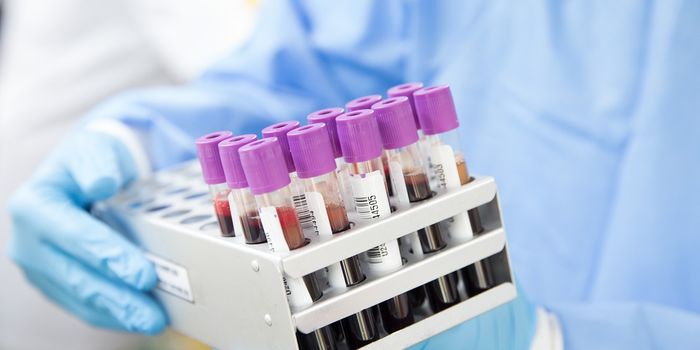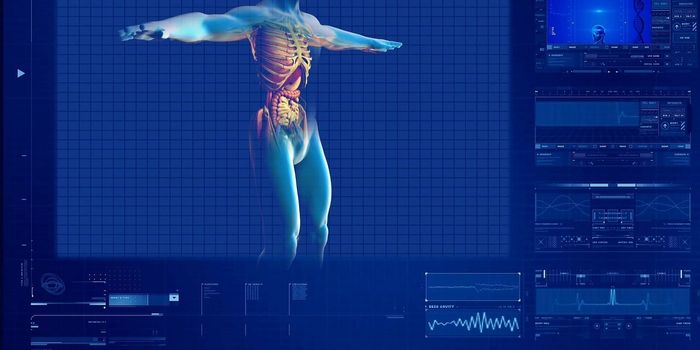A Molecular Signature for Better Diabetes Diagnosis & Treatment
Scientists have used an analysis of protein expression to learn more about how the body responds to insulin, and problems with that process in type 2 diabetes. This work has shown that insulin resistance varies significantly from one person to another, so much so that some type 2 diabetics could be more responsive to insulin than some individuals who seem be healthy.
It's estimated that over 500 million people worldwide have type 2 diabetes, and recent studies have shown that the disease can vary widely in patients. This variation is influenced by genetics, habits, lifestyle choices, and other factors.
In type 2 diabetes, the body fails to respond properly to insulin, a hormone that controls blood sugar levels, and blood sugar levels remain chronically high. In insulin resistance, the body becomes resistant to the effects of insulin, and produces more of it. But the problem of insulin resistance can get worse until the body no longer responds to it. Then, type 2 diabetes can develop, where even though insulin levels may be high. blood sugar levels are not controlled. Type 2 diabetes patients have to inject insulin in order to stay healthy.
Insulin resistance can affect the liver, skeletal muscle, and fat. Insulin also controls how sugar is taken up by the body in a variety of ways, which also means that disruptions in different parts of the process can happen in different diabetes patients.
Researchers have now identified a kind of molecular fingerprint of insulin sensitivity, which could help distinguish between healthy people and those with type 2 diabetes in a far more precise way than current methods. The findings, which were reported in Cell, could also help scientists develop a test that can identify type 2 diabetics at far earlier stages, which may improve treatments or preventive measures.
"We found huge variation in insulin sensitivity, even among people considered healthy and among those diagnosed with type 2 diabetes. There are even some individuals living with type 2 diabetes who respond better to insulin than healthy individuals. Our study highlights the need to move beyond separating people into two boxes and recognize individual variation," said senior study author Atul Deshmukh, an Associate Professor at the University of Copenhagen.
In this work, the researchers analyzed the proteins that were expressed in muscle tissue. They collected muscle biopsies from more than 120 people, and used proteomics to reveal the proteins within the samples.
This work suggested that as insulin resistance is developing, certain proteins change in a consistent way, producing a molecular signature. These signatures predict how well the body responds to insulin, and they can now be used to find others in various stages of type 2 diabetes, even before the disease has fully developed. The study authors noted that this is a significant step toward precise, personalized approaches to treating type 2 diabetes.
Sources: University of Copenhagen, Cell









